Published
4 months agoon
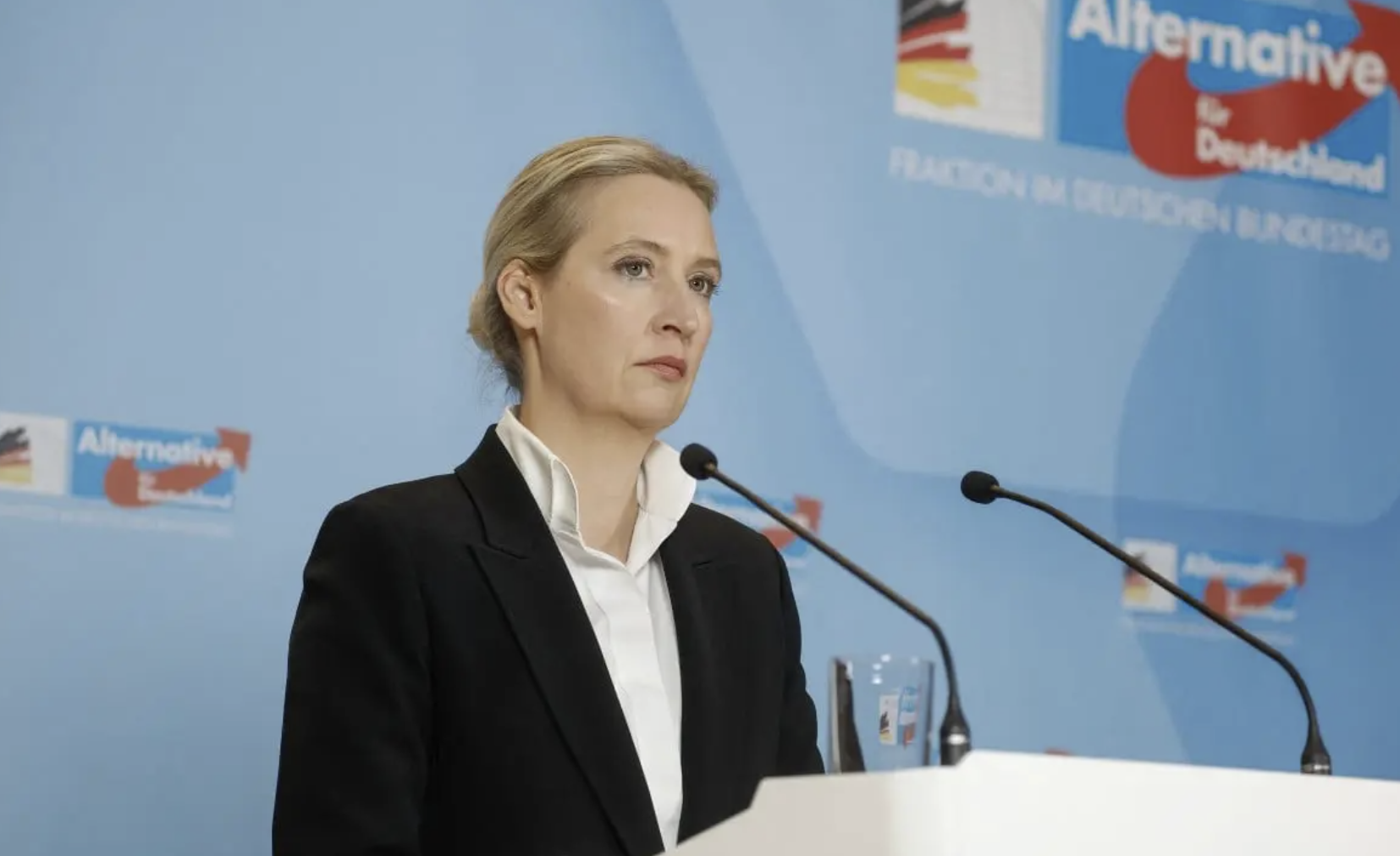
Germany’s asylum policy has become one of the most divisive issues in recent years, splitting the country’s political landscape and turning the Bundestag (Germany’s federal parliament) into a political battlefield. The debate over how to handle asylum seekers, migrants, and refugees has seen fierce arguments among politicians, with the issue affecting not just policy but also Germany’s broader political culture.
In the face of growing migration numbers, political parties in Germany have increasingly disagreed on how to respond to asylum requests. The situation reached a boiling point when Friedrich Merz, leader of the Christian Democratic Union (CDU), proposed a controversial five-point asylum reform plan. This plan suggested tightening borders, rejecting illegal migrants, and suspending family reunification for some asylum seekers. Merz argued that the move was necessary to protect Germany’s welfare system and ensure the country’s future stability.
The CDU’s hardline approach has been met with fierce opposition from other parties, especially those on the left, including the Social Democrats (SPD) and Green Party. Chancellor Olaf Scholz condemned the plan, warning that such restrictive measures would undermine Germany’s democratic values. In addition to the criticisms from the left, the proposal was further polarizing because of the CDU’s controversial collaboration with the far-right Alternative for Germany (AfD) party. The AfD, which has been labelled as a threat to Germany’s democratic institutions, has continued to gain traction with its populist stance on immigration.
The Bundestag vote on this asylum reform was a dramatic moment in German politics, reflecting the extent of polarization in the country. The reform plan was narrowly approved, with support from both the CDU and AfD, giving the proposal momentum despite heavy criticism. The vote also highlighted the increasing influence of the far-right in the country’s political discourse.
Chancellor Scholz strongly denounced this cooperation, calling it an “unforgivable mistake.” This view was echoed by former Chancellor Angela Merkel, who warned against aligning with far-right elements. These sentiments speak to a growing concern among mainstream political parties: that cooperating with the AfD could normalize extremist views in Germany’s political system.
This development has stirred not only domestic concerns but also international attention. Germany’s approach to asylum seekers has significant implications for the European Union, as the country is a leading member. The political divide in the Bundestag reflects broader European tensions over how to handle refugees, with many countries pushing back on the EU’s migration policies.
As the debate continues, the divide between political parties seems to widen, leaving little room for compromise. The CDU’s flirtation with far-right ideology has not only fractured the political consensus but has also deepened the ideological rift among German citizens.
The asylum policy battle is far from over. As the 2025 federal elections loom large, immigration will remain one of the most contentious issues in Germany’s political discourse. The fate of the country’s asylum system will continue to shape the political landscape, potentially influencing voter behavior and shifting party allegiances.
Germany finds itself at a crossroads. The nation must balance its humanitarian responsibilities with the need to protect its social system. But as the political battlefield intensifies, it remains to be seen whether Germany’s traditional political parties can bridge their differences and find a solution that reflects the values of a democratic society.


Germany’s New Coalition Government Unveils Stricter Immigration and Citizenship Policies
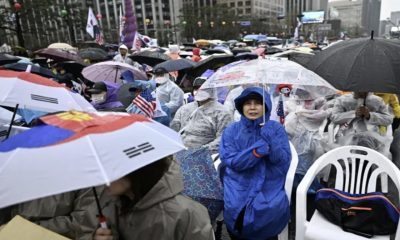

Mass Protests Erupt in South Korea Over President Yoon’s ImpeachmentAFP


EU Representatives Agree on New Driving License Rules
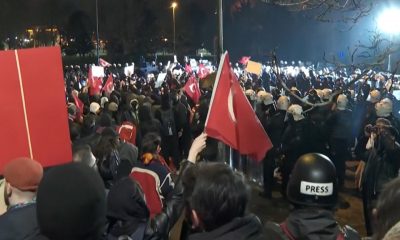

Erdogan Calls Turkey Protests ‘Evil’ as Unrest Escalates
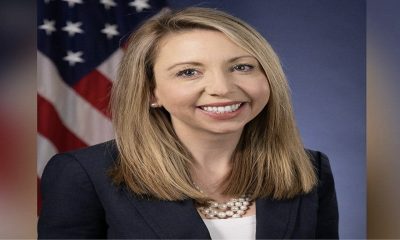

Former U.S. Attorney Jessica Aber Found Dead at 43


UN Reduces Staff Presence in Gaza Due to Security Concerns
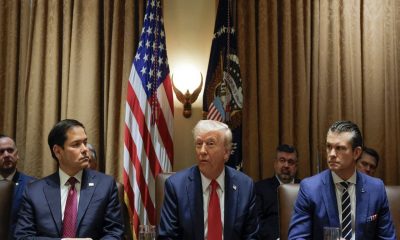

US Government’s Security Blunder: Journalist Accidentally Invited to Secret Chat










